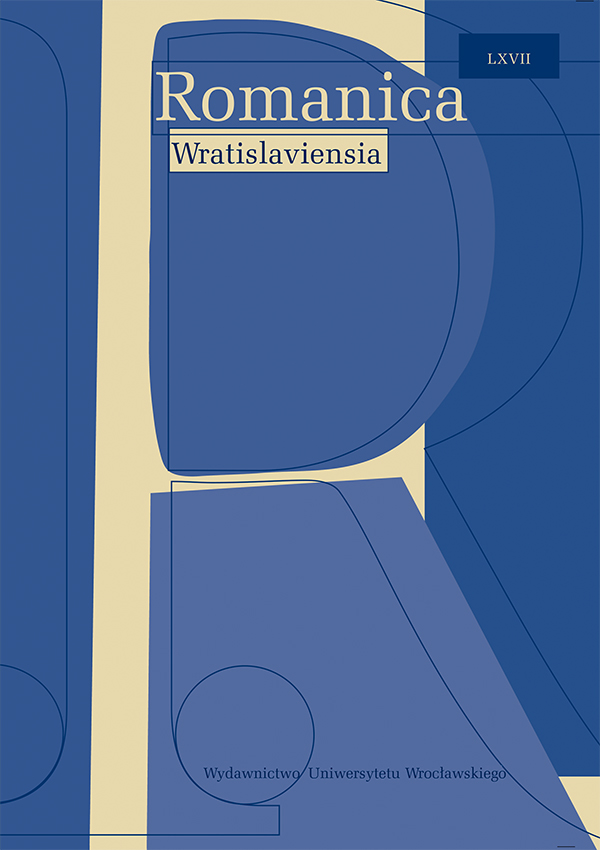

Articles

Between the 17th and 19th centuries, the competition between the official Parisian theatres and the popular trestles, such as the lodges of the fairs and the stages of the Boulevard, contributed to the development of an experimental dramaturgy characterised by theatrical crossing and the primacy of the actor’s gesture. To circumvent the prohibitions imposed by the Comédie-Française and the Opera, the impresarios of the Fair elaborate dramaturgical strategies full of invention, based on shows with simple units suitable for the combination of different genres. This theatre is thus able to develop into a stable artistic system, while remaining in a context of marginality and uncertainty; and to inspire some twentieth-century theories on the actor’s body, such as those of Edward Gordon Craig and Jacques Copeau. Focused on documentary archive evidence, this paper aims to bring out the main aspects of the unofficial repertoires, which turn out to be places of socio-political confrontation and, at the same time, systems of propagation of aesthetic reforms.